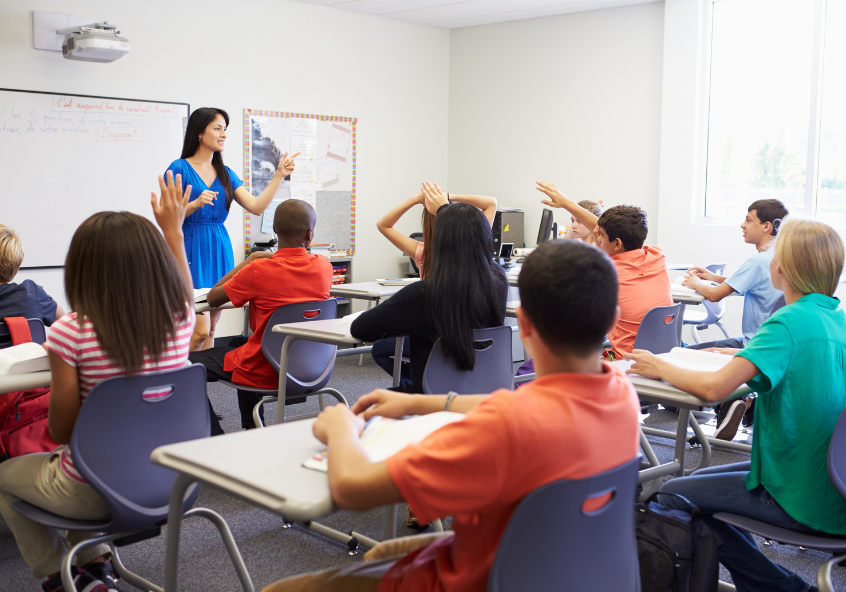Striving for Excellence: How to Become the Best in School
Introduction
Becoming the best in school is a goal that many students aspire to achieve. It requires a combination of dedication, effective strategies, and a growth mindset. Excelling academically and personally not only boosts self-confidence but also lays the foundation for future success. In this article, we explore actionable steps that students can take to become the best in school and realize their full potential.

1. Set Clear Goals
Define specific academic and personal goals. Whether it’s achieving a certain GPA, excelling in a particular subject, or taking on leadership roles, having clear goals provides direction and motivation.
2. Prioritize Time Management
Effective time management is key to balancing academic commitments, extracurricular activities, and personal life. Use tools like planners or digital apps to organize tasks and allocate time wisely.
3. Develop a Growth Mindset
Embrace a growth mindset by believing in your ability to improve through effort and … Read more
